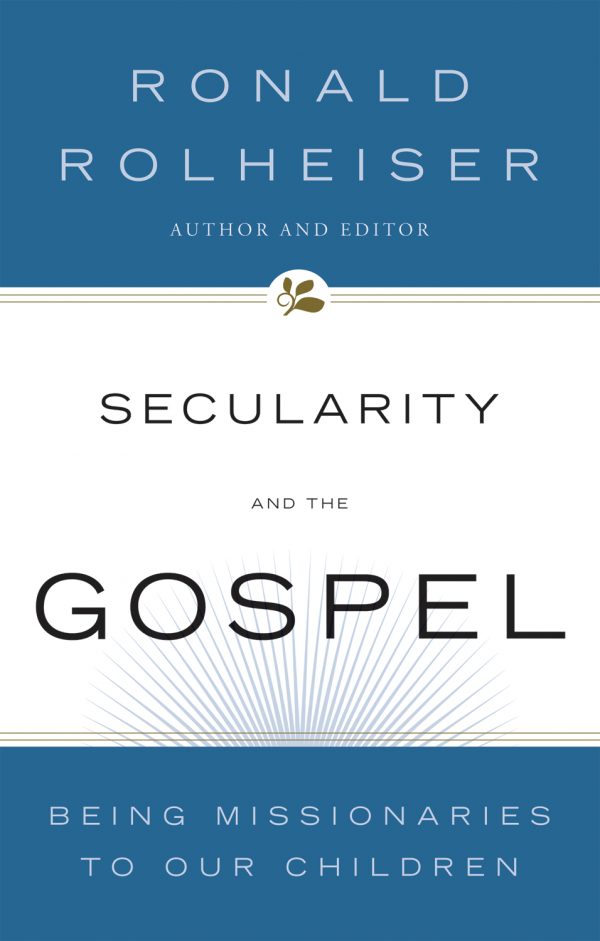Ronald Rolheiser (Author)
Fr. Rolheiser, Ph.D, STD, a Roman Catholic priest, is the General Councillor for Canada for his order, the Oblates of Mary Immaculate. He is a community-builder, teacher, and writer, with offices in Toronto and Rome. He received his doctorate of sacred theology from the University of Louvain, Belgium. For most of the 28 years of his priesthood, he taught theology and philosophy at the Newman Theological College in Edmonton, Alberta. His books are popular throughout the English-speaking world and his weekly column is carried by more than seventy newspapers worldwide.


